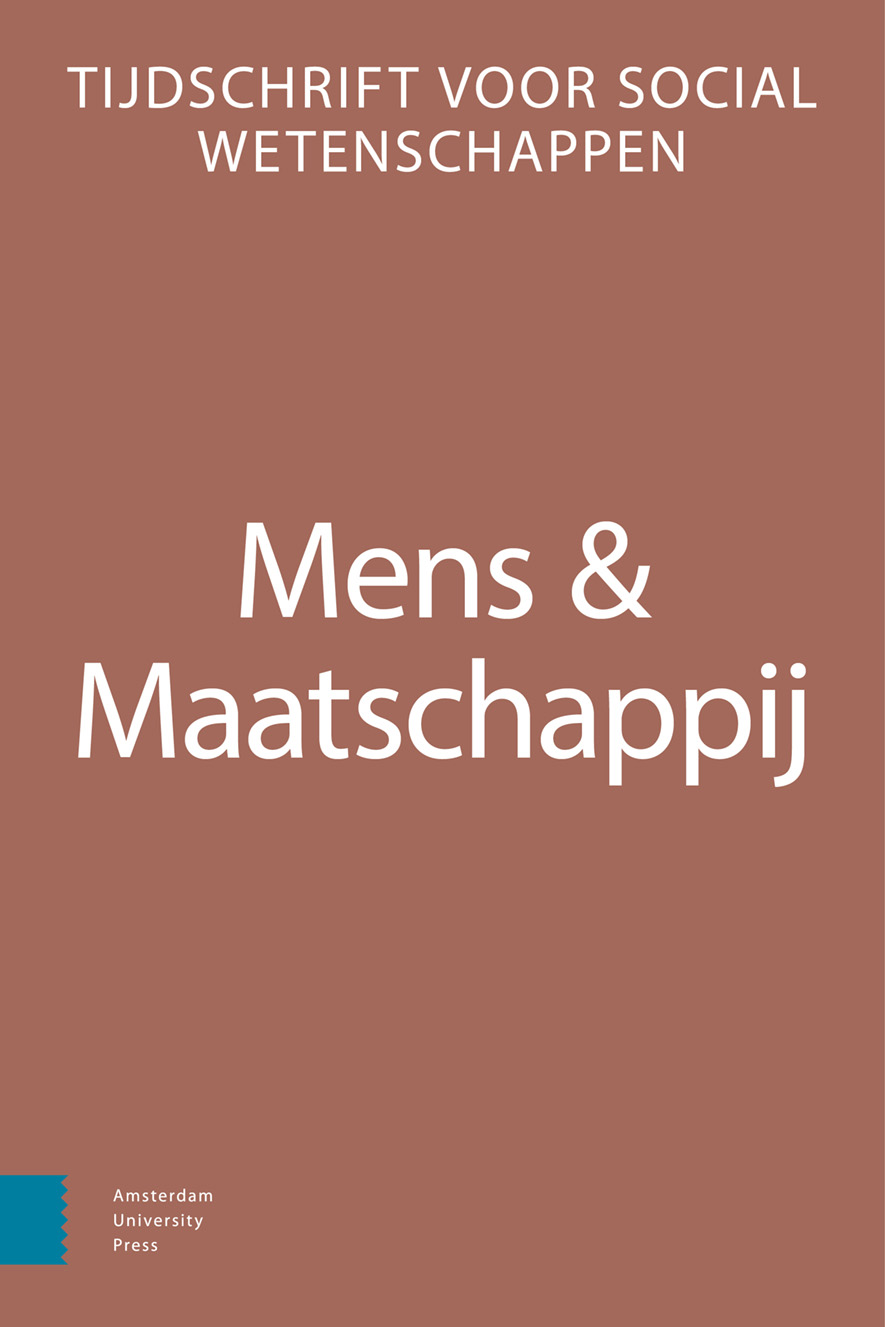-
OAHet combineren van meerdere rollen onder ouderen: vermindert of verbetert dit het welbevinden?
- Amsterdam University Press
- Source: Mens & Maatschappij, Volume 93, Issue 2, Jun 2018, p. 111 - 137
-
- 01 Jun 2018
Abstract
Combining multiple roles by older adults: does it reduce or enhance wellbeing?
Older adults increasingly combine employment with informal care and/or voluntary work. This is good for society but raises the question whether combining multiple roles is also good for individual well-being. Based on data from the Longitudinal Aging Study Amsterdam (N = 1885), associations between role combinations, role intensity (in employment, informal care and volunteering) and well-being are examined using role enhancement and role strain perspectives. We investigate if social network and mastery (the feeling of control over his or her life) buffer potential negative effects of role combinations and role intensity on well-being. Intensive informal care is related with more depressive symptoms, which is fully mediated by mastery. Fulltime employment is related with lower levels of depressive symptoms, and this is fully mediated by mastery. Social network size does not mediate any relationship between role combinations or role intensities and depressive symptoms. Both parttime and fulltime employment are negatively related to depressive symptoms. The study suggests that combining roles is positively related to well-being when role strain is low. Interventions should be directed at maintaining mastery among those providing intensive informal care, in particular when combined with employment and/or volunteering.


